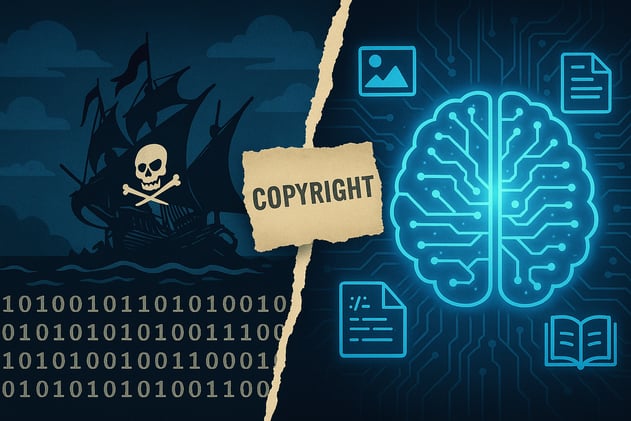404
The page you requested doesn't exist
We could not locate the page: /news_sitemap.xml
Try one of the featured posts or search the archive below.
Featured Posts

The Healthcare Industry’s Inflection Point: From Reaction to Prediction
Consumers now have access to sophisticated tools that continuously track the body’s internal state. Wearables monitor sleep, heart rate variability, and more, marking a shift from reactive to predictive healthcare models.


Laughter in The Workplace: Is It Worth the Risk?
Laughter at work strengthens bonds, boosts morale, and eases stress. But done poorly, it risks exclusion or misinterpretation. The article looks at when humor uplifts teams and when it crosses the line, offering practical guidance for a balanced workplace vibe.


Kuwait & KSA: A Shared History Few Know About
The Gulf countries share history, sure. But I hadn’t realized how deep the ties between Kuwait and Saudi Arabia ran. Long before borders, pipelines, or summits, there was exile, conflict, and the kind of trust that quietly shaped what came next.

All Articles

The Return of the Feudal Economy
Feudalism was supposed to be history. Kings, lords, and peasants bound to land they didn’t own. Yet the structure feels familiar again: homes priced out of reach, wealth drifting upward, and a shrinking middle class left paying rent to the few who hold the assets.



Kuwait & KSA: A Shared History Few Know About
The Gulf countries share history, sure. But I hadn’t realized how deep the ties between Kuwait and Saudi Arabia ran. Long before borders, pipelines, or summits, there was exile, conflict, and the kind of trust that quietly shaped what came next.


The Healthcare Industry’s Inflection Point: From Reaction to Prediction
Consumers now have access to sophisticated tools that continuously track the body’s internal state. Wearables monitor sleep, heart rate variability, and more, marking a shift from reactive to predictive healthcare models.







Trump’s Tariff Strategy: A Shortcut to Stagflation?
Trump’s use of tariffs as a negotiation tool has created global trade uncertainty. While they pressure trade partners, tariffs risk stagflation—rising inflation with slowing growth. History shows such policies can trigger long-term instability that outlasts any administration.


